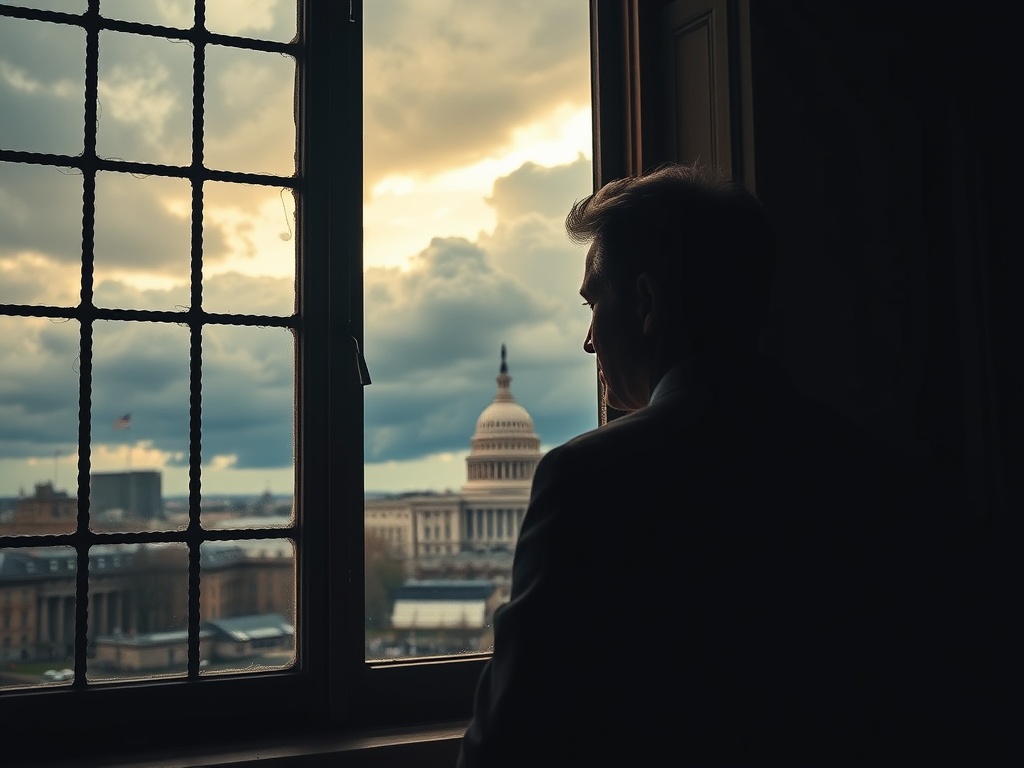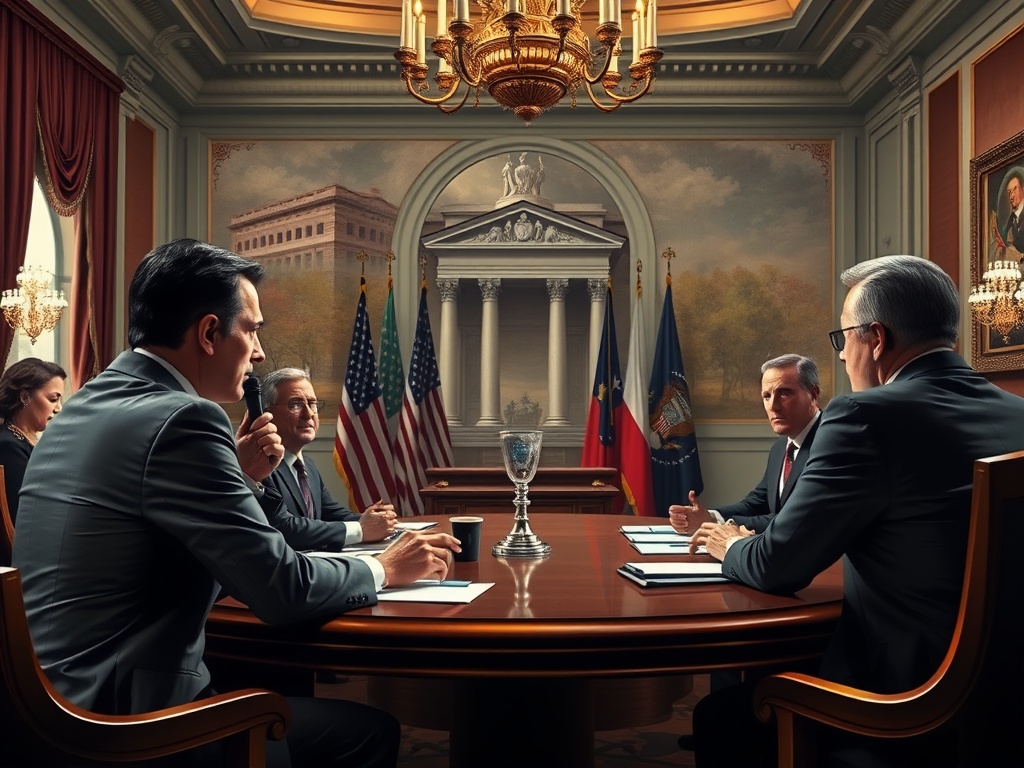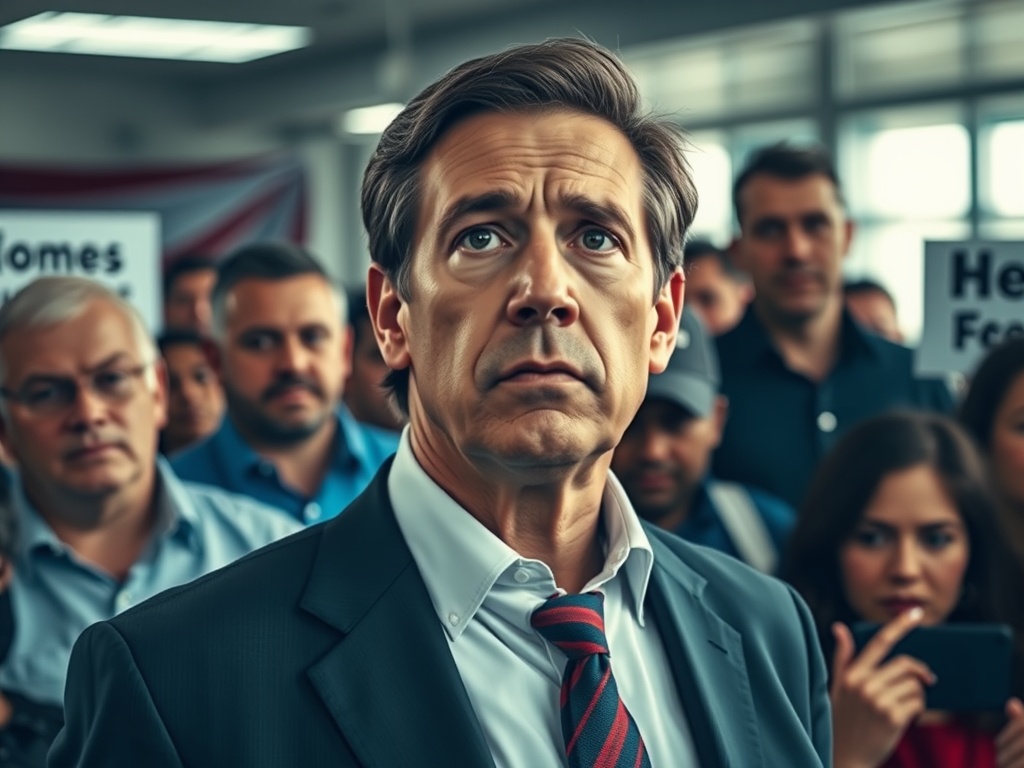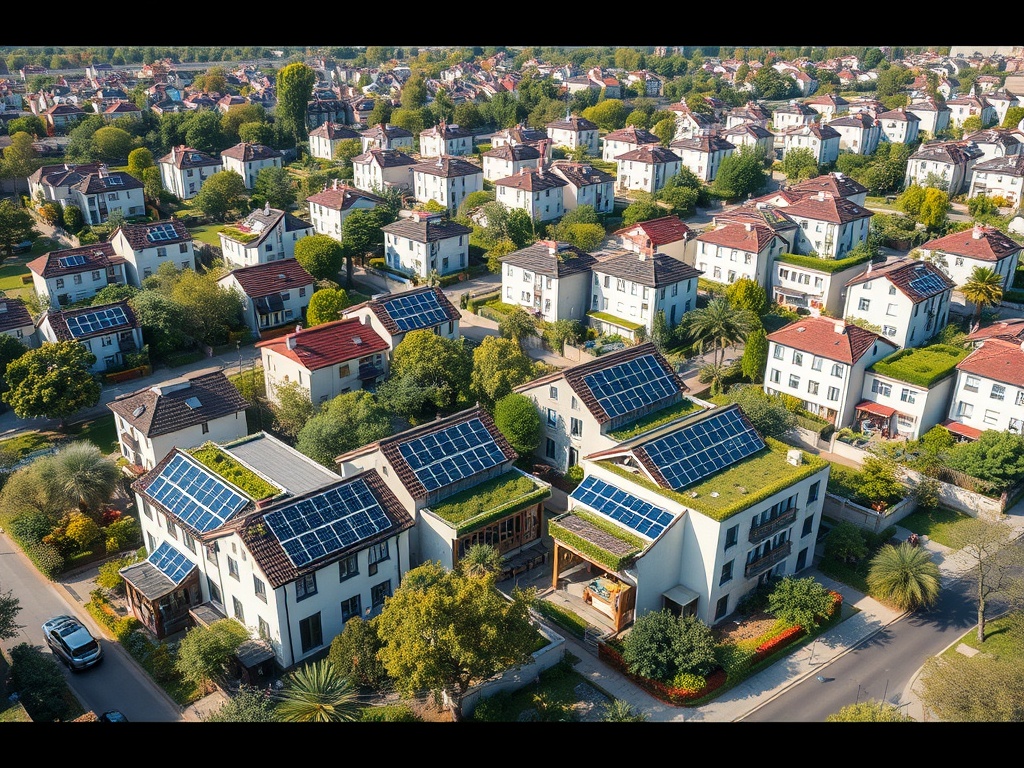Starmer’s Defining Week in Washington: Navigating War and Peace

Sir Keir Starmer is poised to enter a pivotal week that could define his leadership, as he heads to Washington, DC, for crucial discussions with President Donald Trump. His agenda is ambitious, focusing on matters that could impact both war and peace. Starmer aims to protect Britain’s economic interests while positioning himself as a bridge to Europe, which is currently grappling with the implications of Trump’s direct negotiations with Russia regarding the Ukraine conflict. This situation has raised concerns about sidelining Kyiv and its allies in this critical discourse.
In the absence of former German Chancellor Angela Merkel’s influential presence, a significant gap has emerged in European leadership. With German elections looming this weekend and subsequent coalition negotiations expected to take weeks, this creates an opportunity for Starmer and France’s Emmanuel Macron to emerge as primary European interlocutors with Trump. Macron is set to meet with Trump in Washington on Monday, marking him as the first European leader to visit the U.S. capital since Trump’s inauguration. The contrasting styles of the two leaders will be on full display during their respective visits.
During a G20 summit in Cornwall in 2021, Macron distinguished himself by his unorthodox approach, famously hugging then-President Joe Biden for an extended period and engaging him in a manner that was notably more personal than that of his counterparts. This week, Macron is likely to appeal to Trump’s ego and strongman persona, emphasizing that any attempt to marginalize Ukraine would be seen as capitulation to Russian President Vladimir Putin, ultimately portraying Trump as weak in the eyes of adversaries like China and Iran.
In contrast, Starmer’s approach will likely be more restrained and analytical when he meets with Trump. UK’s diplomatic circles have been emphasizing a message of calm and rationality. A government source revealed to The i Paper that significant groundwork has been laid in preparation for these conversations, with Foreign Secretary David Lammy expected to accompany Starmer to the White House. However, there remains uncertainty about how tough Starmer will be in his messaging. While he has often employed a softer approach, the escalating rhetoric from Trump has necessitated a reevaluation of this strategy.
While the French government may tout Macron’s visit as a diplomatic victory, British diplomats are relieved to have the French leader go first. A government source mentioned, “From our perspective, that’s actually beneficial,” as it allows British officials to analyze the outcomes of Macron’s discussions with Trump and adapt their strategies accordingly. The preparatory meetings scheduled next week among No 10, the Foreign Office, and National Security Adviser Jonathan Powell will be pivotal in shaping Britain’s positioning as a strong ally, highlighting the special nature of the so-called Special Relationship.
- Starmer can argue that the UK is a more reliable ally than France in matters of defense and security.
- Britain is part of the Five Eyes intelligence alliance, while France is not.
- The UK is involved in the AUKUS defense pact centered on nuclear submarines.
- Starmer could further emphasize that the UK contributes its nuclear deterrent to NATO, unlike France, which does not.
- In terms of defense spending, the UK allocates 2.33% of its GDP, compared to France’s 2.06%.
- Additionally, Starmer could leverage the royal connection, a distinct advantage France lacks.
However, discussions will be complicated by the internal dynamics of Trump’s administration, where conflicting statements on Ukraine have been issued by key figures such as Vice President JD Vance, Defense Secretary Marco Rubio, and Ukrainian Envoy Keith Kellogg. This cacophony of voices has made it increasingly challenging for government officials to gauge the official stance of the Trump administration. As one official noted, “We’ve been scratching our heads a lot. Who is speaking for the administration when they are talking over each other?” Thus, meeting with Trump himself becomes critically important.
Despite the jockeying for influence between Macron and Starmer as they vie for Trump’s attention, both leaders understand the importance of presenting a united front on Ukraine while also safeguarding their respective domestic interests. Since November, Starmer has sidestepped questions about a potential choice between prioritizing the US or the EU on trade matters. Anticipated discussions with Trump will likely address securing exemptions for British industries from tariffs, a negotiation France cannot pursue due to its EU commitments.
Starmer also faces pressing questions regarding defense spending. Unless a new policy announcement is made soon, he will arrive in Washington as the only major UK party leader who has not endorsed a call to increase defense spending to 2.5% of GDP by 2030. The upcoming release of the Office for Budget Responsibility’s latest economic outlook will add further pressure, revealing fiscal headroom that Chancellor Rachel Reeves may struggle to maintain amidst rising interest rates and borrowing costs, potentially necessitating tax increases before any defense budget increases can be considered.
The contentious issue of the Chagos Islands is expected to surface during discussions, although it remains unclear if the US administration has formulated a definitive position on the matter. This presents yet another risk for Starmer, particularly as the Conservative Party has been vocal in its criticisms. They have framed the narrative around the Chagos deal with the slogan, “When Starmer negotiates, Britain loses.” Any misstep or perceived humiliation at the hands of Trump could lend credence to this narrative.
To date, Trump has surprisingly been relatively complimentary towards Starmer. The upcoming week will be critical in determining whether that trend continues. A government source encapsulated the stakes, stating, “Fundamentally, it’s about big-power diplomacy” between Starmer and Trump, emphasizing, “It’s all about the two men eyeballing each other and whether one blinks first.”




